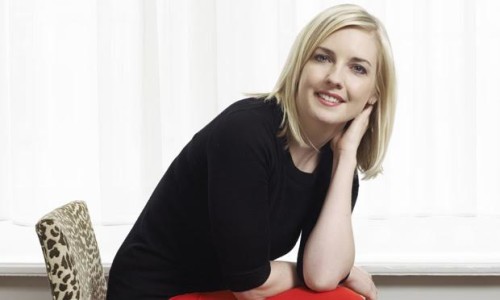
But lately there’s been a surge of female writers who inspire me. Not only for their individual writing styles, but also for their ability to be so unapologetically female. Which, as my writing partners and I launch into production of our web series ‘Supporting Roles,’ means everything.
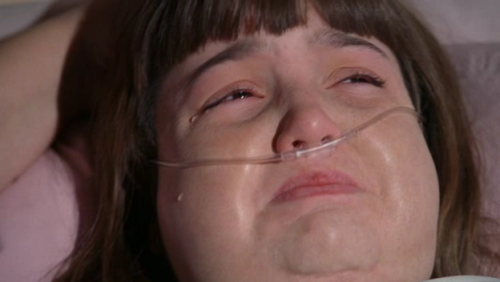
Fat bodies have a curious position in medical drama, reflecting the fatphobia existing within the medical profession. Doctors tend to assume weight always a cause rather than a symptom and overweight patients are either lazy, uneducated or poor. The wealthier we are, the more opportunity we have to strive for thinness. As a class, doctors are incredibly privileged, both highly educated and wealthy, they have the privilege of deciding to be thin that many of their patients do not.
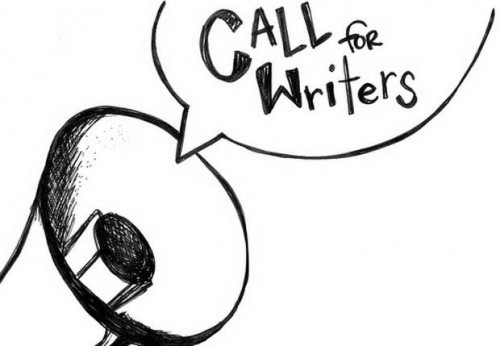
Asian women are often fetishized, objectified, eroticized, and/or infantilized in pop culture. “China doll” stereotypes that represent Asian women as compliant, doll-like sexual objects are still prevalent. Western attitudes are influenced by a history of exploitation and colonization of Eastern culture. This deep desire to possess seems to manifest in an eroticization of all things Asian, especially Asian Women.

In an interview with the ‘New York Times,’ Gillian Flynn says, “The likability thing, especially in Hollywood, is a constant conversation, and they’re really underrating their audience when they have that conversation. What I read and what I go to the movies for is not to find a best friend, not to find inspirations…It’s to be involved with characters that are maybe incredibly different from me, that may be incredibly bad but that feel authentic.”
On the subject of female comediennes, A.O. Scott, ‘New York Times’ movie critic, recently wrote, “The ‘can women be funny?’ pseudo-debate of a few years ago, ridiculous at the time, has been settled so decisively it’s as if it never happened…The real issue, in any case, was never the ability of women to get a laugh but rather their right to be as honest as men.” I love A.O. Scott and his writing is brilliant, and I agree with him—the “can women be funny?” argument is a weird pseudo-debate that managed to gain traction on the big world of the web.
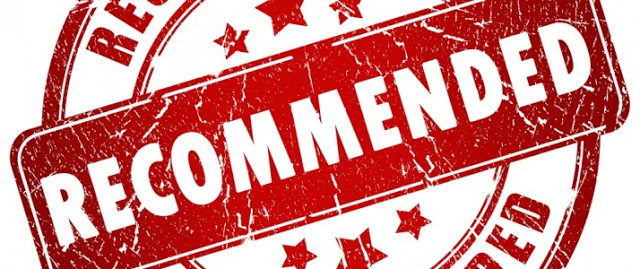
Check out what we’ve been reading this week–and let us know what you’ve been reading/writing in the comments!
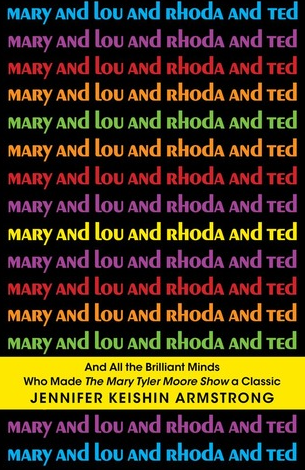
When the show started, things were very different than they were even a few years later — it was a time of very fast change in gender politics. When they were pitching the show, the one female executive who championed it was such an anomaly that they had no executive restroom for women.

Working-class female protagonists remain rare, however. More often than not, working-class women play supporting roles as mothers, wives or lovers. Their characters are invariably underwritten or stereotypical.
# The 100 3rd Rock from the Sun 30 Rock 2 Broke Girls A Ackee & Saltfish Adventure Time Agent Carter Agents of S.H.I.E.L.D. Alias All-American Girl Ally McBeal Alphas American Crime American Horror Story American Horror Story: Asylum American Horror Story: Coven American Ninja Warrior The Americans Angel Anne of Green Gables Archer The … Continue reading “TV Directory”
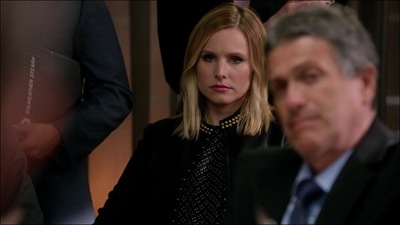
So far, this is Kristen Bell’s season to shine as the hard-hearted Jeannie Van Der Hooven on Showtime’s ‘House of Lies.’

It is, also, of course, essential that we see female characters make their own way in professions traditionally monopolized by men. They reflect social change as well as inspire. It is equally essential that women of power are portrayed on the big and small screen with greater frequency as well as with a greater degree of complexity. American films and television programs should not, however, block out the lives of working-class and poor women. So many stories, struggles, journeys and adventures, remain unacknowledged and untold. It is a strange and troubling thought that contemporary American audiences are simply unaccustomed to seeing interesting, strong and resourceful working-class women. Whether ordinary or extraordinary, working-class women of all races and backgrounds, need greater representation.
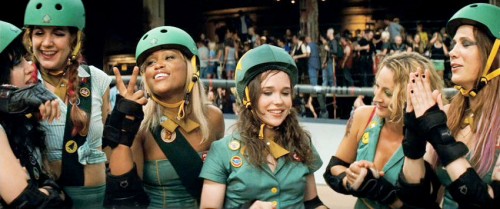
The expectations for girls in film and television are incredibly mixed. It is naïve to say that girls nowadays are just expected to be a sexy sidekick or afterthought. With more strong female roles popping up in bigger budget films such as Harry Potter and The Hunger Games, there is the expectation that girls should also be intelligent and incredibly clever (while also being visually pleasing). I love Harry Potter and The Hunger Games for giving women these intense and interesting character traits. However, I remember thinking after I saw/read the series, “Wow, I’m not nearly as clever as Hermione and could never be as brave as Katniss.” There isn’t really a place for the all-around average girl. The first two examples of strong female protagonists that I could think of are in fantasy franchises. Are real female characters really that difficult to come up with? Real female characters are often created with good intentions but tend not to work on a larger scale.









